
As the second decade of the 21st century gets closer to its end, a clearer idea of its main characteristics is forming among movie viewers and experts. The last eight years have been the years of Netflix and others streaming platforms. Movies are not something you can see either in theaters or television anymore: they have become a much more versatile medium you can easily access on personal devices anytime you want.
This has meant a sort of crisis of the classic movie theater way of watching movies, and the consensus is that there has been a shift towards a greater number of blockbusters, which inevitably attract viewers, while smaller productions struggle.
This also meant an increasing level of the quality of scripted shows (what we would call TV shows if it was not for the fact that these are often not seen on TV but other devices), a world that is attracting both great actors and great filmmakers. David Fincher and Kevin Spacey’s “House of Cards,” or “True Detective,” are a good example of this shift. This all means that the average quality of theatrical cinema has decreased, and fewer and fewer great films are produced every year.
The inevitable consequence is that average films can get a favorable critical consensus, even if they are only mildly good. This list looks at some films released in 2018 that are considered a success, either with the public or the critic, sometimes both, but are actually flawed and not as good as they seemed when they were first released. As we will see, this is true for both big budget blockbusters and for smaller productions.
10. A Futile and Stupid Gesture
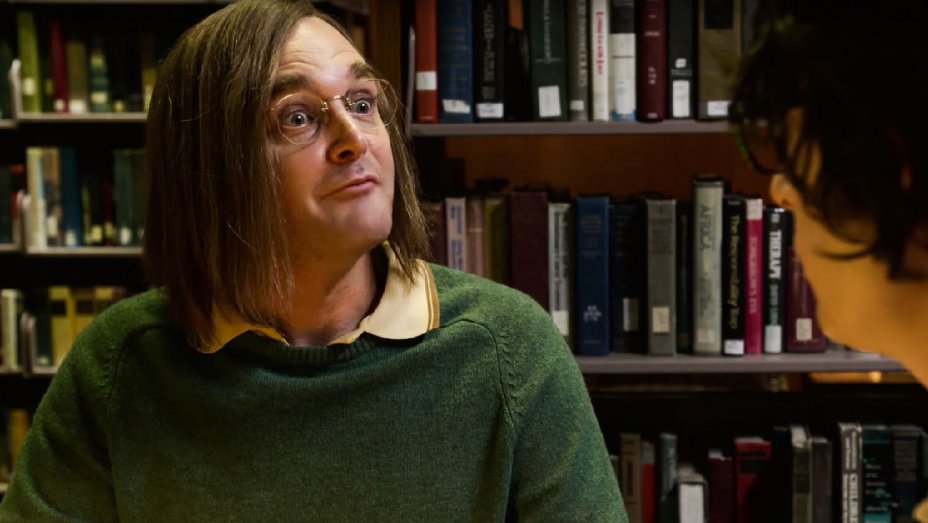
“A Futile and Stupid Gesture” is a biopic which debuted during the Sundance Film Festival and was then released by Netflix on its platform. It tells the life story of Douglas Kenny, the legendary comedy icon behind the National Lampoon magazine and a series of cult comedies like the National Lampoon movies and “Caddyshack.”
It stars Will Forte as the titular character and Domhnall Gleeson, taking a break from big budget movies like the recent “Star Wars,” as Henry Beard. It is kind of a peculiar biopic, since it often breaks the fourth wall and depicts a golden and very particular period for comedy that reached its height in the ‘70s.
Perhaps the greatest flaw of the film are the forced attempts at pushing the envelope of the biopic tropes, in an unsuccessful series of jokes and easter eggs made for the fans of that special period of American culture. The actors try to put a spin on their performances but ultimately all fall short of creating real emotional stakes, which is a problem in a movie that desperately tries to balance broad comedy and more serious moments.
By the time the film abruptly ends (like Kenny’s life did), the viewer is left with nothing to hang on to, and the forced feel good finale reveals how by-the-numbers this biopic actually is.
9. Deadpool 2
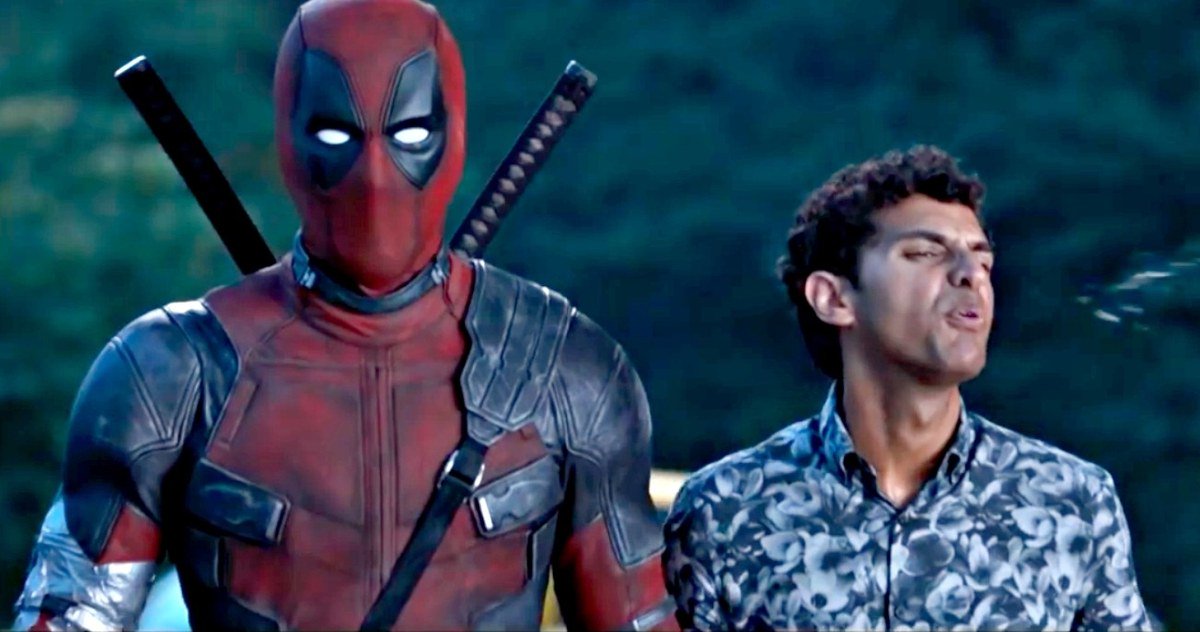
The first “Deadpool” was a success because of its peculiar nature, which tried to shift as much as possible from the superhero film formula. As a character, Deadpool breaks the fourth wall and does not act in a particularly heroic manner, so his films cannot fit into the strict rules of the genre.
Making a sequel to a movie with this premise was a difficult task to begin with, since follow-ups inevitably tend to the repetition of a formula, something that Deadpool’s very nature should not do. The sequel was well received, with many calling it better than the first one, but what the film actually did was normalizing the character, thus making him lose his peculiarities.
Starting from the title, “Deadpool 2” seems formulaic, in the sense that it does what most sequels do: reprises the character, expands his world by introducing new characters in order to not lose the viewer’s interest, and ultimately plays it safe. The originality of the first installment gets lost, and Deadpool’s bizarre way to act just gets redundant.
Nothing new is added to Wade Wilson as a character, and the film commits the same mistake of the first “Deadpool,” trying to seem as unconventional as possible, but ultimately following the same patterns of most films of the genre. By the time Deadpool tries to sacrifice himself for the greater good, all the jokes and the gruesome action scenes fade in comparison to the trope of the hero good at hearth.
What is original about Deadpool in this movie? The film falls prey to itself and its intended shift from conventionality by becoming essentially conventional, even if it tries its best to convince the viewer of the opposite.
One of the few truly original moments, the unexpected death of the X-Force team, which actually seems to work as a “screw you” to superhero film’s stereotypes, eventually loses substance as a joke when you consider that an actual X-Force movie is in the works, and that the characters’ lives are restored in the post-credits scene. Sure, “Deadpool 2” a lot of fun, but not as edgy choice as it should be.
8. Ready Player One
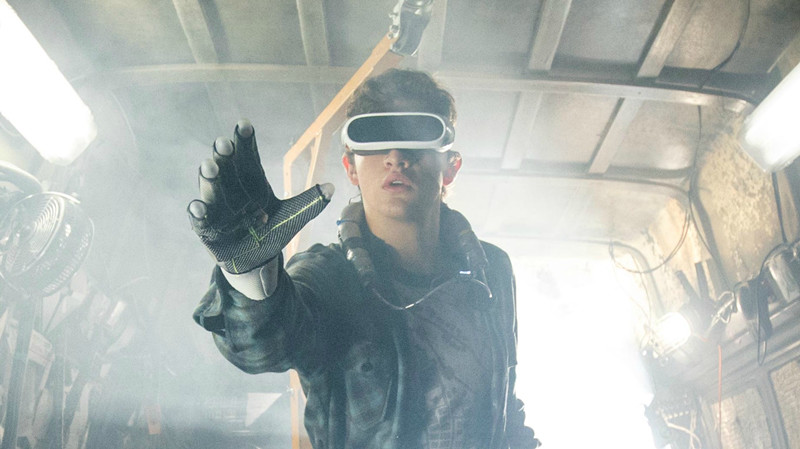
Steven Spielberg, not unlike Martin Scorsese, has the characteristic of being a legendary director active since the ’70s who just keeps on reinventing its own cinema. In other words, while he could have stayed in his own cinematic lane and keep making a certain kind of film, he chose instead to keep reinventing himself, experimenting with different genres and styles. “Ready Player One” may be the culmination of this approach, since it is a strongly contemporary film which looks at the way our society is obsessed with pop culture.
The film works as a videogame-like adventure, with a mission and varying levels of difficulty, and as a collection of beloved cultural figures from pop culture. It has been very well received and earned a lot at the box office, but is hardly one of the highlights of Spielberg’s career. Sure, his taste for spectacularity works for such a film, but one cannot but shake the feeling that many other lesser directors would have directed it with similar results.
The premise is enticing, but gets suffocated into a standardized hero’s journey, and the theme of modern-day addiction with entertainment ultimately gets banalized. From a thematic point of view, it made more sense for such a story to be at the center of a literary medium than a movie. The entertainment is there, but the film does not serve the story well, and this is a flaw that is hard to ignore.
7. Sicario: Day of the Soldado
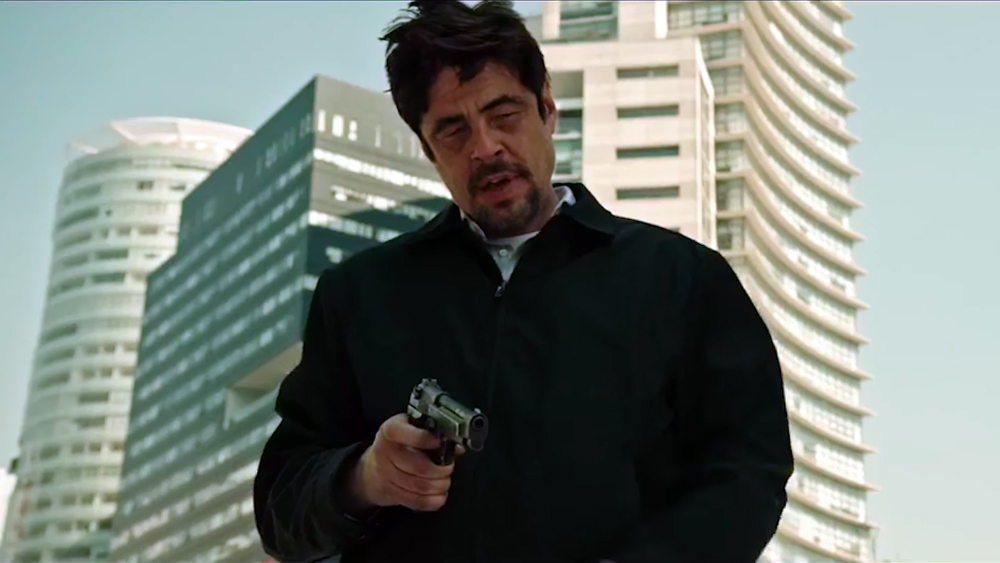
This film, originally simply titled “Soldado,” is a sequel to the well-received “Sicario” by Denis Villeneuve (2015). ‘Sequel’ may be the wrong word, since it feels more like a spinoff following the supporting characters of the first film. When “Sicario” was released, Villeneuve was one of the most interesting names in Hollywood, but had not quite made the jump to filmmaker stardom. “Sicario” helped with that, alongside “Arrival,” so it is fair to say that the public remembers the film well.
A sequel was not that necessary, and the outcome is a failure for different reasons. First of all, the Mexican drug cartel angle has been played by so many works of fiction that it is becoming a narrative cliché. Second of all, while “Sicario” had left some open possibilities for a second story, it still worked as a whole and as a satisfying, although pessimistic, character arc for Emily Blunt, who was the protagonist of “Sicario” and is nowhere to be seen in “Day of the Soldado,” leaving a considerable void (except maybe for Del Toro’s, the characters are not that compelling).
Finally, such a violent and gritty story needs some kind of storytelling originality in order to be really watchable. “Sicario” did that by telling a story of militarized police through Roger Deakins’ mesmerizing photography and the juxtaposition of Blunt’s character to the other ones.
Stefano Sollima does not find an angle to elevate the story to more than a war movie set in the streets of Mexico. A third movie is in development, and if it will be produced it is clear that it should take more of an auteur touch, like “Sicario” did, and not simply try to tell a violent story of war between cartels and police.
6. Don’t Worry, He Won’t Get Far on Foot
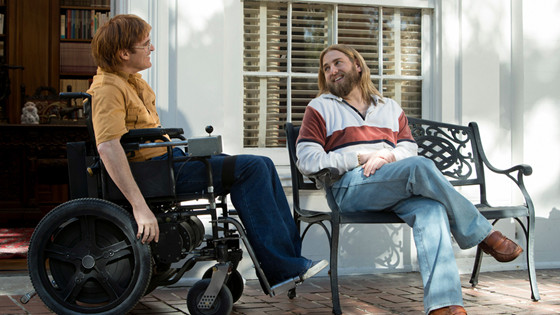
“Don’t Worry, He Won’t Get Far on Foot” takes its titles from one of the darkly humorous cartoons by John Callahan, whose life this 2018 Gus Van Sant movie is based on. Joaquin Phoenix stars as Callahan, who started drawing newspaper cartoons after a car accident that left him a quadriplegic. The accident happened while his friend was driving after a night they’re both spent drinking.
The film follows both his career and his relationship with his drinking problem. Unfortunately, “Don’t Worry, He Won’t Get Far on Foot” is a misstep from various point of views, starting with the shaky direction that shows how Van Sant has apparently lost the touch that made many of his works truly compelling.
The cast seems in difficulty while they try to be both relatable and dramatically believable, and ultimately give amply forgettable performances. The exception may be Phoenix, who as always proves to be a performer of rare charisma.
As a whole, while the film has been appreciated for its themes regarding recovery and the power of art as a sort of weapon, cinematically the film remains a failure. Its intersecting storylines from different times in Callahan’s life do not connect well with each other, and the film commits the sin of seemingly going nowhere, even if the material to work with was more than enough.